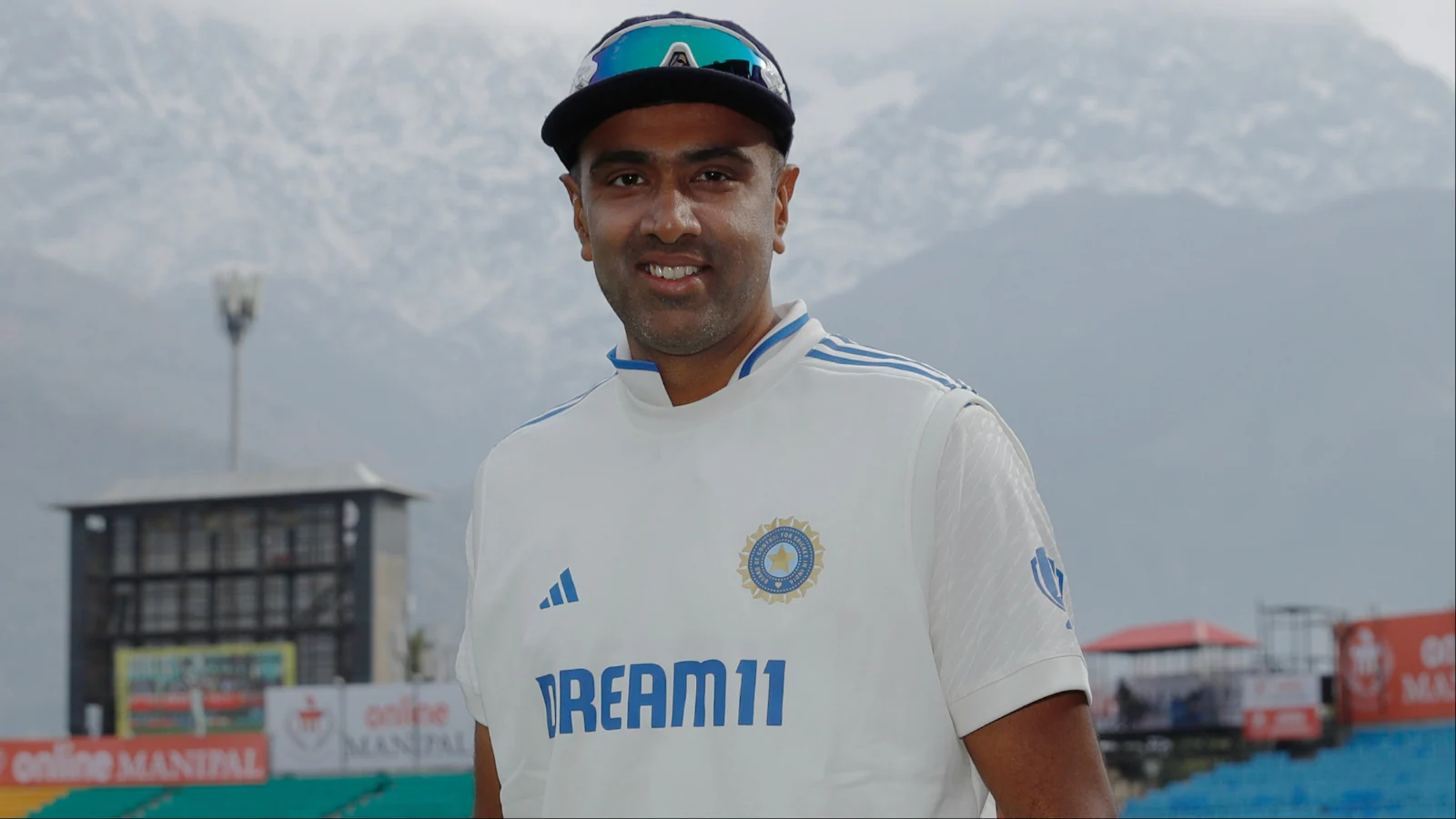By Sulaiman Osho
Copyright tribuneonlineng

IN the name of Allah, Most Gracious, Most Merciful.
Almighty Allah says in the Holy Qur’an, Anbiyaa, 21:106–108: “Verily in the (Qur’an) is a Message for people who would (truly) worship God. We sent thee (Muhammad) not, but as a mercy for all creatures. Say: ‘What has come to me by inspiration is that your God is One God: will ye therefore bow to His Will (in Islam)?’”
The birthday of the Holy Prophet Muhammad (SAW) is called Maolud Nabiyyi. It is celebrated worldwide on the 12th day of Rabi’ul-Awwal to reflect on the life and times of the Seal of the Prophets. The Holy Qur’an, Ahzab, 33:40 confirms:
“Muhammad is not the father of any of your men, but (he is) the Apostle of God, and the Seal of the Prophets: and God has full knowledge of all things.”
The birthday of Prophet Muhammad (SAW) is celebrated to ponder the message of the Prophet (SAW)—a message that is universal, complete, and binding upon mankind in all ages (Qur’an 4:29; 7:158). The Holy Qur’an, Saba, 34:28 states:
“We have not sent thee but as a universal (Messenger) to men, giving them glad tidings, and warning them (against sin), but most men understand not.”
Maolud Nabiyyi is also celebrated to promote the teachings of the Holy Qur’an revealed to mankind through Prophet Muhammad (SAW), which remains uncorrupted for eternity—to serve as a witness, a bearer of glad tidings, and a warner (Qur’an 15:87; 16:44; 17:82; 26:192; 41:42). The Holy Qur’an, Muhammad, 47:2, says:
“But those who believe and work deeds of righteousness, and believe in the (Revelation) sent down to Muhammad—for it is the Truth from their Lord—He will remove from them their ills and improve their condition.”
“Nay, this is a Glorious Qur’an (inscribed) in a Tablet Preserved!” (Qur’an 85:21–22).
“We have, without doubt, sent down the Message; and We will assuredly guard it (from corruption).”
Truly, the birthday of the Prophet is celebrated as a moment of sober reflection on the humble life of the Prophet Muhammad (SAW), the spread of Islam, the practice of the Islamic faith, and the passing of the Perfect Leader for mankind (Qur’an 36:1; 48:8–9). The Holy Qur’an, A’raf, 7:158, says:
“Say: ‘O men! I am sent unto you all as the Apostle of God, to Whom belongeth the dominion of the heavens and the earth: there is no god but He: it is He that giveth both life and death. So, believe in God and His Apostle, the unlettered Prophet, who believed in God and His words: follow him that (so) ye may be guided.’”
The birth of Prophet Muhammad (SAW) is also commemorated in appreciation of his endurance of suffering, mockery, humiliation, abuse, insults, and near-death experiences at the hands of idolaters during the propagation of Islam (Qur’an 68:2; 81:22; 25:41–42; 34:7–8; 69:40–43). The Holy Qur’an, A’raf, 7:184, states:
“Do they not reflect? Their companion is not seized with madness: he is but a perspicuous warner.”
“When they see thee, they treat thee no otherwise than in mockery: ‘Is this the one whom God has sent as an Apostle?’ ‘He indeed would well-nigh have misled us from our gods, had it not been that we were constant to them!’—Soon will they know, when they see the penalty, who it is that is most misled in path!” (Qur’an 25:41–42).
“That this is verily the word of an honoured Apostle; it is not the word of a poet: little it is ye believe! Nor is it the word of a soothsayer: little admonition it is ye receive. (This is) a Message sent down from the Lord of the Worlds.” (Qur’an 69:40–43).
ALSO READ: ‘Go to Court,’ Dangote Refinery dares marketers, alleges N1.5trn subsidy demands
No doubt, Prophet Muhammad (SAW) deserves our annual celebration of his birthday because of his compassion for his followers, love for the believers, his concern for the righteous, and dedication to Muslims (Qur’an 15:97; 16:127; 18:6; 25:3). The Holy Qur’an, Ahzab, 33:6 affirms:
“The Prophet is closer to the Believers than their own selves, and his wives are their mothers. Blood-relations among each other have closer personal ties, in the Decree of God, than (the Brotherhood of) Believers and Muhājirs: nevertheless, do ye what is just to your closest friends: such is the writing in the Decree (of God).”
And of course, Maolud Nabiyyi is celebrated to give thanks to Allah for sending Prophet Muhammad (SAW) as a mercy to mankind (Qur’an 21:107); to ask for continued blessings upon the Prophet, as Allah and His Angels send blessings on him (Qur’an 33:56); and to seek Allah’s continued guidance, protection, and blessings through the blessings of Muhammad (SAW). Almighty Allah declares in the Holy Qur’an, Ahzab, 33:56: “God and His Angels send blessings on the Prophet Muhammad: O ye that believe! Send ye blessings on him, and salute him with all respect.”
Indeed, the birth of Prophet Muhammad (SAW) on Monday, the 12th day of Rabi’ul-Awwal, 570 A.D.; his call to Prophethood on a Monday; his receipt of the first revelation on a Monday; and his passing to the great beyond on Monday, June 8, 632 A.D. (13th day of Rabi’ul-Awwal, 11 A.H.), ten years after Hijrah—cannot be by accident or coincidence, but by Divine design. They must have religious significance and spiritual blessings. After all, the Holy Prophet says in an authentic Hadith: “I fast on Monday because I was born on Monday, called to Prophethood on Monday, and received the first revelation on a Monday (Yaom al-Ithnayn).” (Sahih Bukhari and Muslim)
Truly, the celebration of Maolud Nabiyyi signifies five things, because Prophet Muhammad (SAW) was sent by Allah in five capacities. His humble birth by his mother, Aminah, in the rocky, obscure, and poor city of Makkah in Saudi Arabia signified the arrival of a witness to all men about spiritual truths that had been obscured by ignorance, superstition, or sectarian doubt. He did not come to establish a new religion or sect, but to teach the religion of Islam—the oneness of God as preached by previous prophets. He is also a witness to God for those who accept His oneness, and against those who reject it (Qur’an 4:41). The Holy Qur’an, 4:40–44, says:
“Those who pervert the truth in Our Signs are not hidden from Us. Which is better—he that is cast into the Fire, or he that comes safe through on the Day of Judgement? Do what ye will: verily He seeth (clearly) all that ye do. Those who reject the Message when it comes to them are not hidden from Us. And indeed, it is a Book of exalted power. No falsehood can approach it from before or behind it: it is sent down by One full of Wisdom, Worthy of all Praise…”
Though born fatherless, his father, Abdullah, having died before his birth, and orphaned at the age of six, the birth of Prophet Muhammad (SAW) signalled the arrival of the bearer of glad tidings and the mercy of God. He came to awaken the spirit of man: that no matter how much one transgresses, there is hope, if they believe, repent and live righteously.
Though married at the age of twenty-five to a wealthy widow of forty, Khadijat, and called to prophethood at the age of forty, Al-Amin, i.e., the Trustworthy, was born as a warner to those who are heedless. He came to warn us that this life will not last, and that there is a future life that is eternal, everlasting, and all-important, where all shall reap the fruits of their good or bad deeds on earth (Qur’an 7:184, 188; 15:89; 53:56–62).
The Holy Qur’an, Surah Insan (76:1–6), says: “Has there not been over Man a long period of time, when he was nothing—(not even) mentioned? Verily We created Man from a drop of mingled sperm, in order to try him: so We gave him (the gifts) of hearing and sight. We showed him the Way: whether he be grateful or ungrateful (rests on his will). For the Rejecters We have prepared chains, yokes, and a blazing fire. As to the Righteous, they shall drink of a cup (of wine) mixed with Kafur— a fountain where the devotees of God do drink, making it flow in unstinted abundance.”



